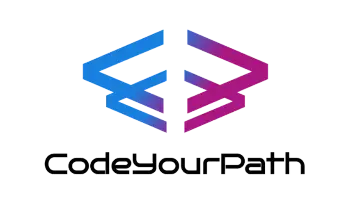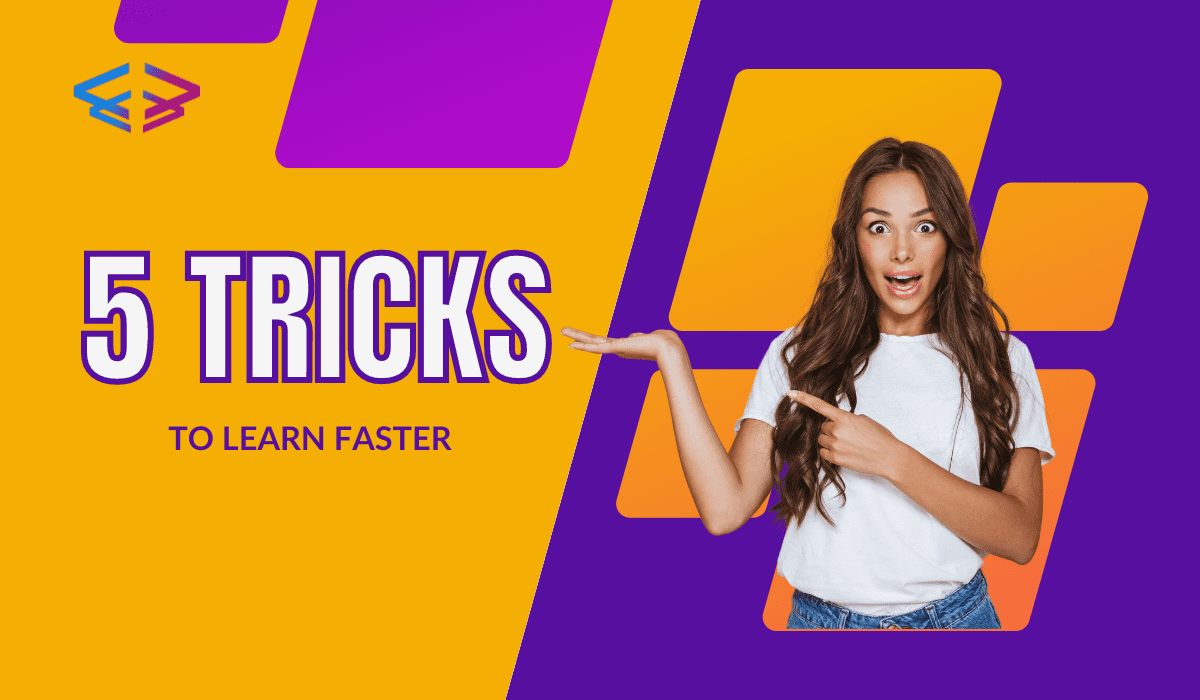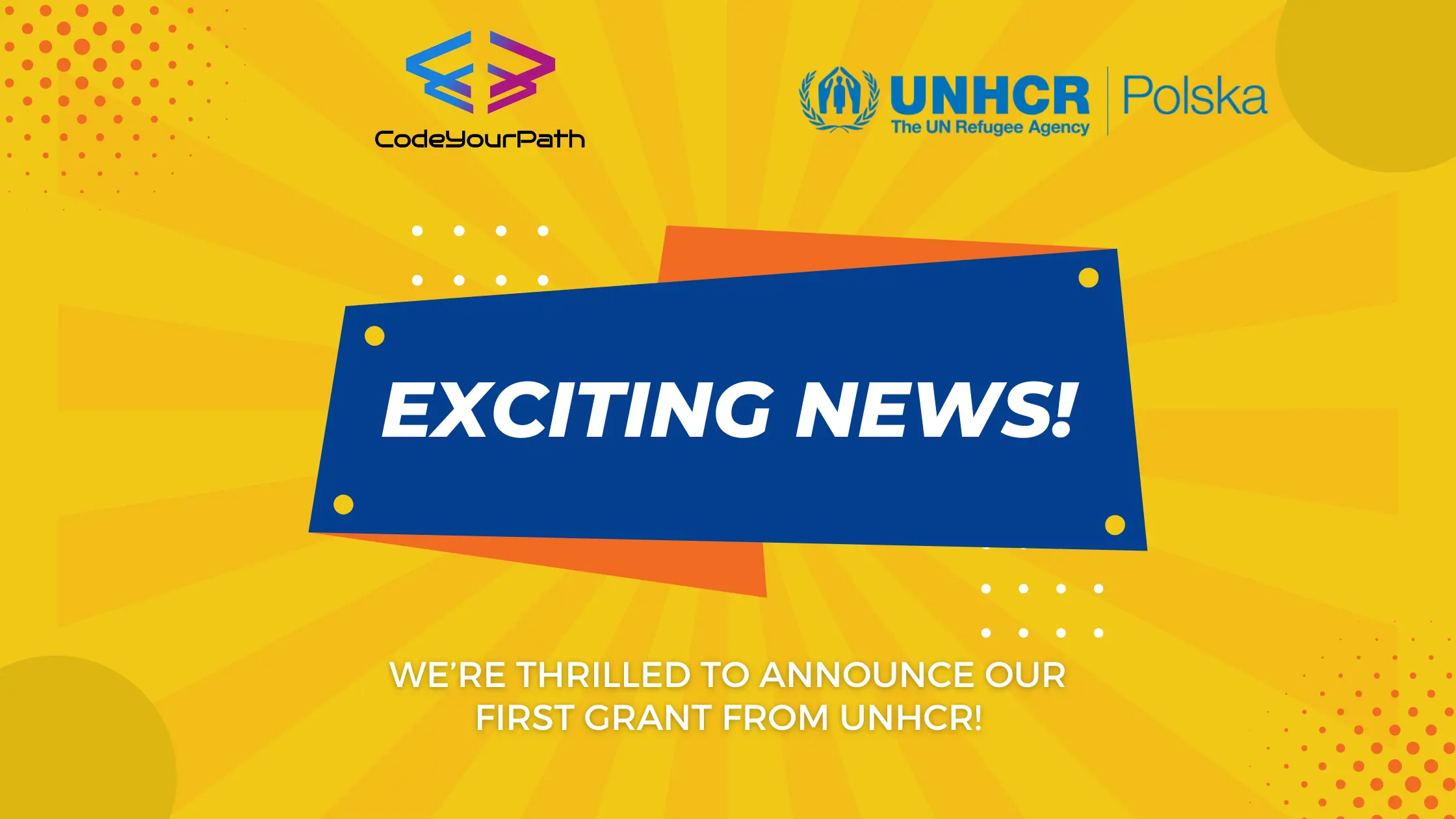Discover how cognitive techniques can help you “Learn Faster” in the dynamic world of IT. Supercharge your IT education and become a coding ninja quickly and efficiently
The Power of Active Recall
Imagine you’re studying for your AWS Certified Solutions Architect exam, and you’ve been reading through the material like a champ. But instead of just passively re-reading the same content over and over again, try this: create some flashcards or quiz yourself on the key concepts. Trust me, actively recalling that information from memory is going to do wonders for solidifying your understanding and making sure it sticks.
In fact, just last week, I was helping my friend Sarah prepare for her JavaScript coding interview. We spent an hour going back and forth, with her explaining different concepts like closures and hoisting to me. By the end of our session, she had a much firmer grasp on those tricky topics than if she had just been re-reading her notes.
Spaced Repetition: The Secret Sauce
Have you ever crammed for an exam, only to forget everything you studied a week later? That’s because our brains are wired to retain information better when we revisit it over spaced intervals, rather than trying to cram it all in at once. Enter spaced repetition, the secret sauce for long-term learning.
I’ve been using an app called Anki to create digital flashcards for all the React concepts I’m learning. The app schedules review sessions for me, ensuring that I revisit the material at strategically timed intervals. It’s like having a personal study coach reminding me to refresh my knowledge before I forget it.
Interleaving: Cross-Training for Your Brain
Remember when you were learning to drive, and your instructor would switch between different maneuvers like parallel parking, three-point turns, and highway merging? That’s interleaving in action – alternating between different but related skills or concepts. And guess what? It’s not just for driving; interleaving can be a game-changer for your IT education too.
Instead of spending hours solely focused on one programming language or concept, try mixing it up. Spend an hour on Python, then switch to brushing up on your SQL skills, and finish off with some JavaScript practice. By constantly switching between related but distinct topics, you’re forcing your brain to actively discriminate and solidify the connections between different concepts, leading to a deeper, more flexible understanding.
Elaborative Encoding: Making Meaningful Connections
Have you ever tried to memorize a random string of numbers or a list of vocabulary words without any context? It’s a surefire way to forget that information as quickly as you learned it. That’s where elaborative encoding comes in – the process of creating meaningful associations between new information and your existing knowledge.
Let’s say you’re learning about data structures like linked lists and binary trees. Instead of just memorizing the definitions, try to connect those concepts to real-world examples or mental models you already understand. For instance, you could think of a linked list as a chain of paper clips, where each clip represents a node, and the connections between them represent the links.
By making these kinds of meaningful associations, you’re strengthening the neural pathways in your brain and making the information much more memorable and applicable.
Metacognition: Thinking About Your Thinking
Last but not least, let’s talk about metacognition – the awareness and understanding of your own thought processes. It’s like having a little voice in your head that helps you reflect on your study strategies, identify areas where you’re struggling, and adjust your approach accordingly.
Just the other day, I realized that I was having a hard time grasping certain concepts related to React hooks. Instead of just banging my head against the wall, I took a step back and tried a different approach. I watched some video tutorials, read through some blog posts, and even reached out to a more experienced developer for guidance. By being metacognitive and adapting my learning strategy, I was able to overcome that hurdle and level up my React skills.
So, there you have it – a arsenal of cognitive techniques to help you learn smarter, not harder, in your IT education journey. Whether you’re a seasoned developer or just starting out, incorporating these strategies into your study routine can make a world of difference. Trust me, your future self will thank you for becoming a more efficient, effective learner. Now, go forth and conquer those coding challenges!




